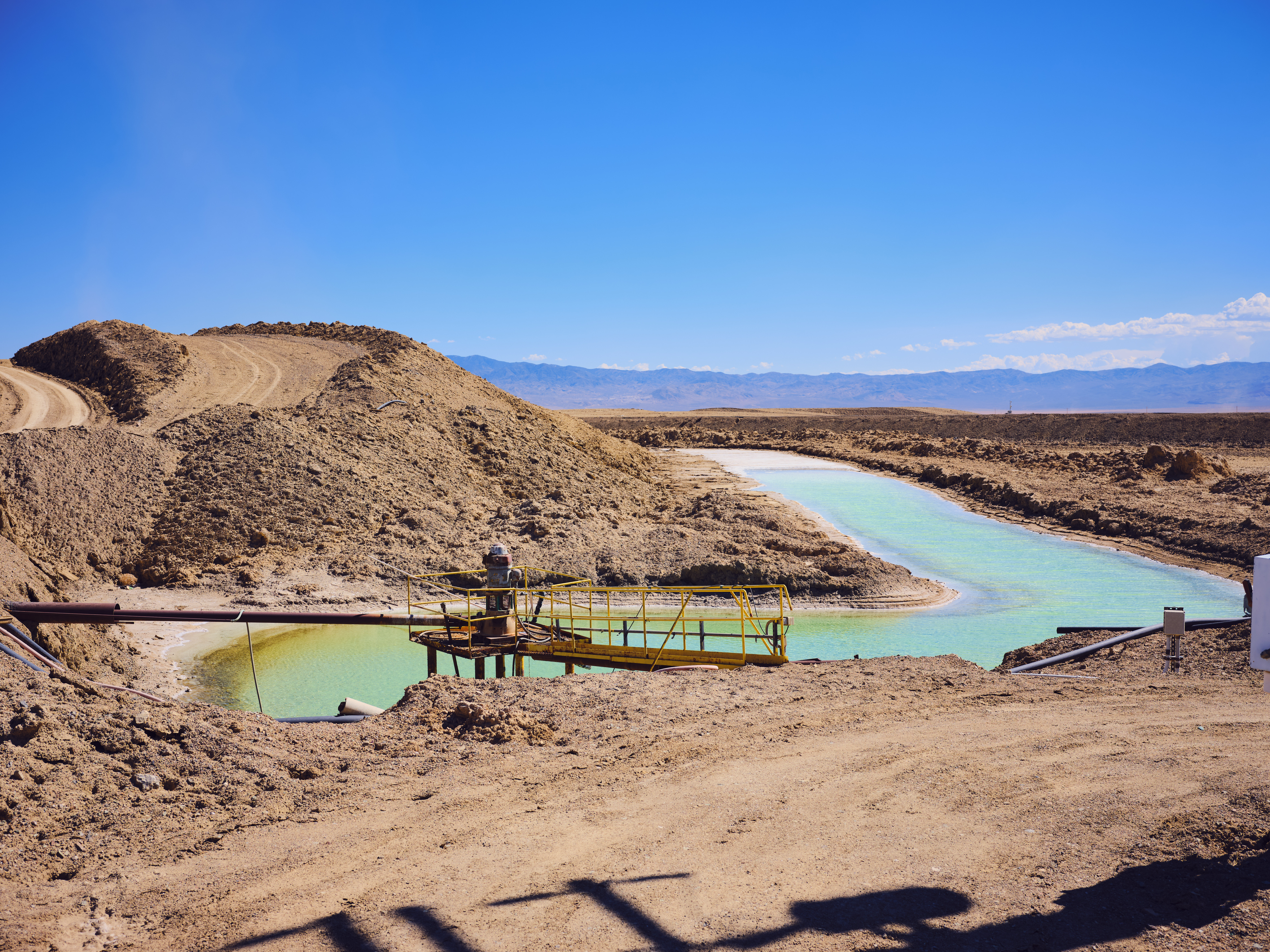
On Friday, February 24, 2023, a Nevada federal judge issued an order in Bartell Ranch LLC et al. v. McCullough et al., rejecting emergency requests for injunction by Plaintiffs, among which are Native American Tribes, various environmental groups, and a rancher to block construction of the Thacker Pass lithium mine, pending their current appeal to the 9th Circuit.[1] The Plaintiffs maintain that the Bureau of Land Management failed to acknowledge concerns about the impacts of the mine and that the permits were illegally granted. The District Court ruled in favor of the Defendants, the Bureau of Land Management and Lithium Nevada Corp., with the Court only requiring a re-approval of permits covering 1,300 of the approximately 6,000-acre mineable area. The Plaintiffs sought an injunction while their appeal to the 9th Circuit is ongoing. However, the Court ruled in favor of the Defendants, ruling that “the requisite strong showing of a likelihood of success on the merits of their appeal” had not been met, opening the door for the project to proceed.